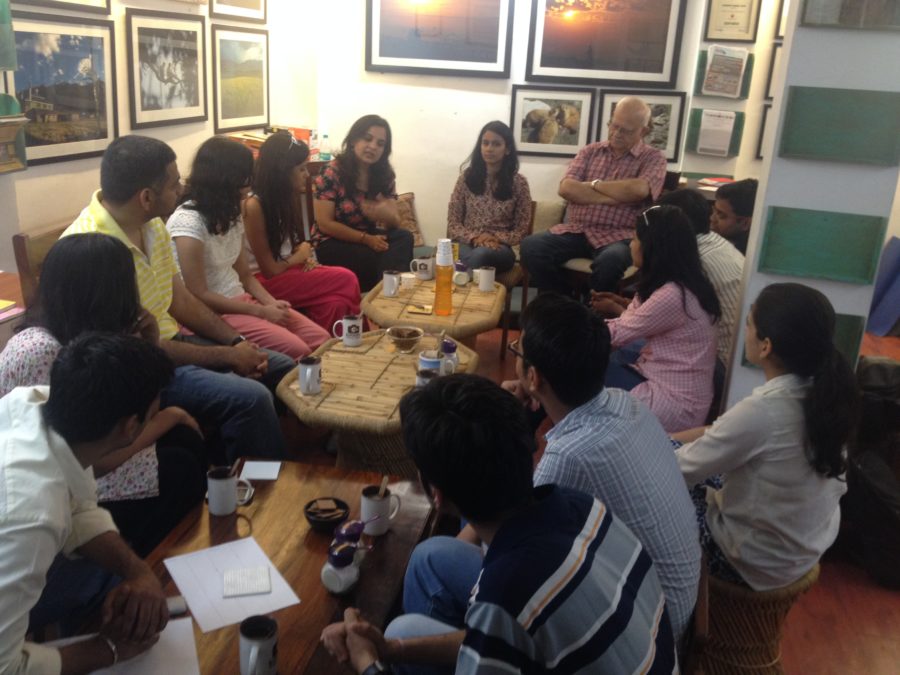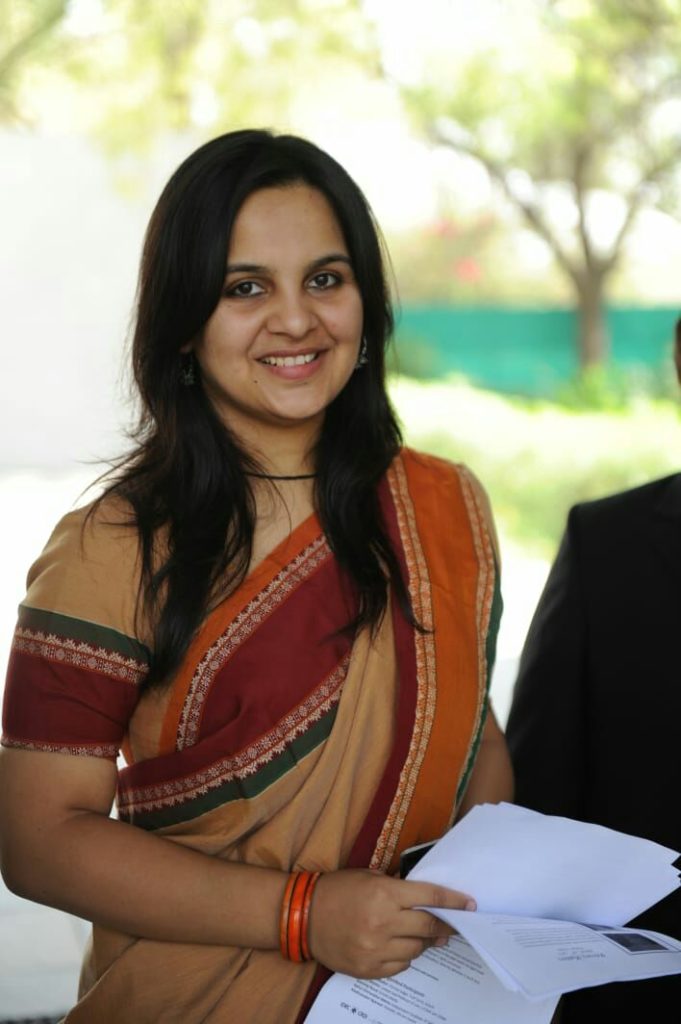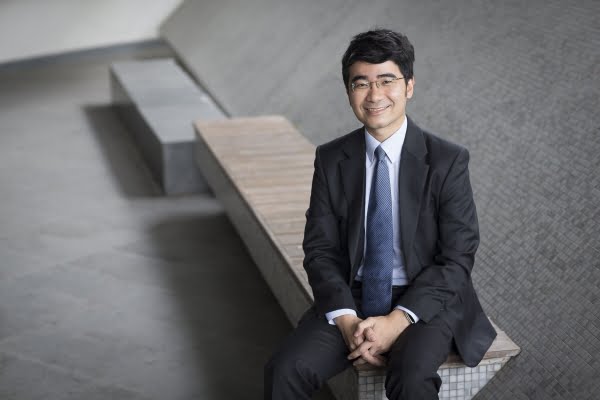Interview by Ong Chin Ngee, Sanjana Ayagari, Utsav Rakshit | Edited by Josh Lee
TechLaw.Fest 2019 will take place from 5 to 6 September 2019 in Singapore, bringing together the movers and shakers in the space of law and technology. In the weeks leading up to TechLaw.Fest, the LawTech.Asia team will be bringing you regular interviews and shout-outs covering prominent speakers and the topics they will be speaking about at TechLaw.Fest.
This week, LawTech.Asia received the exclusive opportunity to interview Mark Cohen, CEO of Legal Mosaic. Legal Mosaic is a legal business consultancy providing strategic advice to various stakeholders in the legal industry. Mark is also a regular contributor to Forbes, and is widely recognised as a global thought leader in legal technology. He also serves as the inaugural Singapore Academy of Law/LIFTED Catalyst-in-Residence, and the Chief Editor of the forthcoming SAL/LIFTED Global Partner Network initiative white paper on future legal skills.
At TechLaw.Fest 2019, Mark will be moderating a panel titled, “Innovation Journey Dialogue for In-House Legal Departments”, which features leading prominent GC’s who will be sharing insights for in-house counsel looking to embark on digital transformation. Here, Mark shares his view on the role of technology on legal services delivery, the future of legal education, and what he believes are the crucial characteristics for future law firms.







